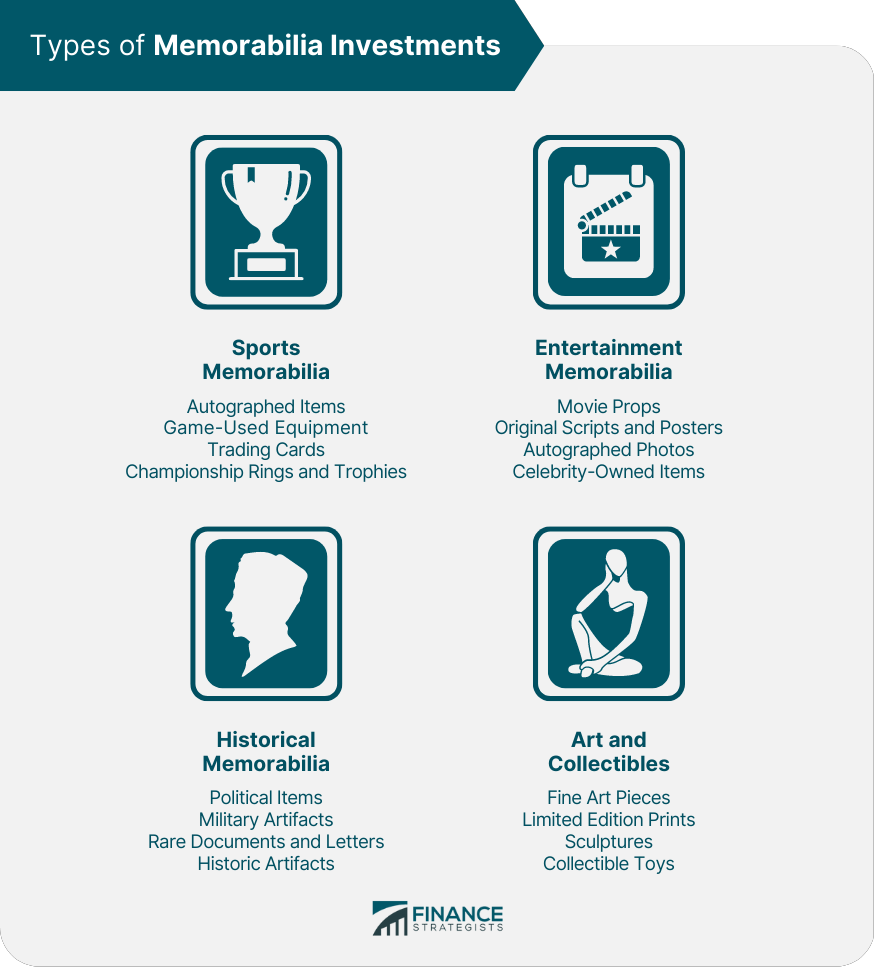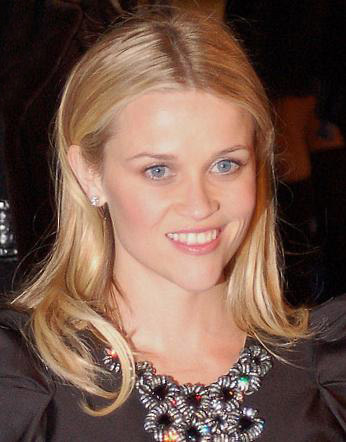
Robert Redford isn’t just an actor; he’s an icon, a filmmaker, and a storyteller whose career has spanned decades, leaving an indelible mark on Hollywood and pop culture. From his captivating screen presence to his unwavering commitment to impactful narratives, Redford has consistently delivered performances that resonate deeply with audiences, defining eras and setting benchmarks for cinematic excellence. His journey, beginning with an uncredited role as a basketball player in the 1960 romantic comedy “Tall Story,” quickly escalated, marking the start of a truly remarkable and prolific friendship with Jane Fonda, both off- and onscreen.
Throughout his prolific career, Redford has graced the screen in a diverse array of genres, tackling everything from romantic comedies to gritty Westerns, and from political thrillers to powerful dramas. His unique blend of rugged charm, intellectual curiosity, and subtle vulnerability made him one of the most bankable and respected stars of his generation. He quickly became synonymous with quality filmmaking, often choosing projects that were not only entertaining but also profoundly thought-provoking, pushing cinematic boundaries.
Indeed, Redford’s ability to imbue his characters with layers of meaning, whether as an ambitious lawyer, a cunning con man, or a solitary survivor, has consistently set him apart. His roles are often memorable not just for their charisma, but for their depth and relevance. In this in-depth article, we celebrate ten of Robert Redford’s absolute best movies, carefully ranked to honor the roles that truly stand out in his extraordinary filmography. Get ready to revisit some all-time classics and appreciate the nuanced performances that solidified his legacy as one of cinema’s true legends.

1. **Butch Cassidy and the Sundance Kid (1969)**Prepare for a cinematic ride that quite literally made film history! When Robert Redford teamed up with Paul Newman to embody the legendary Wild West outlaws, Butch Cassidy and the Sundance Kid, they forged one of American cinema’s truly great film duos. This George Roy Hill-directed blockbuster was nothing short of a phenomenon, becoming the highest-grossing film of 1969 and redefining the Western genre with its unique blend of adventure, humor, and underlying melancholy. The potent chemistry between Redford and Newman was, and still is, undeniable.
At this point in his career, Newman was already a star, playing the older, wearier Cassidy who led their gang with a light, affable touch. Redford, meanwhile, was experiencing his breakout, masterfully portraying the younger, more hotheaded, and dangerous Sundance Kid. Sundance, though “surly,” was also “effortlessly badass and sexy,” a subtly difficult character that Redford imbued with magnetic charisma. His terrific work in the role “catapulted him to stardom” and proved his remarkable range.
Beyond its star power, “Butch Cassidy and the Sundance Kid” was a critical triumph, garnering four Academy Awards for Best Screenplay, Cinematography, Score, and for the iconic Original Song, “Raindrops Keep Falling on My Head.” It also earned a coveted Best Picture nomination, underscoring its significant artistic merit. The bond Redford and Newman crafted between their characters gave the film the distinct “tenor of a bickering buddy comedy,” yet at its heart, it was a bittersweet bromantic tragedy that remains beloved and influential.
Read more about: Robert Redford: A Life in Pictures – Tracing the Iconic Journey of Hollywood’s Reluctant Star, Director, and Environmental Champion
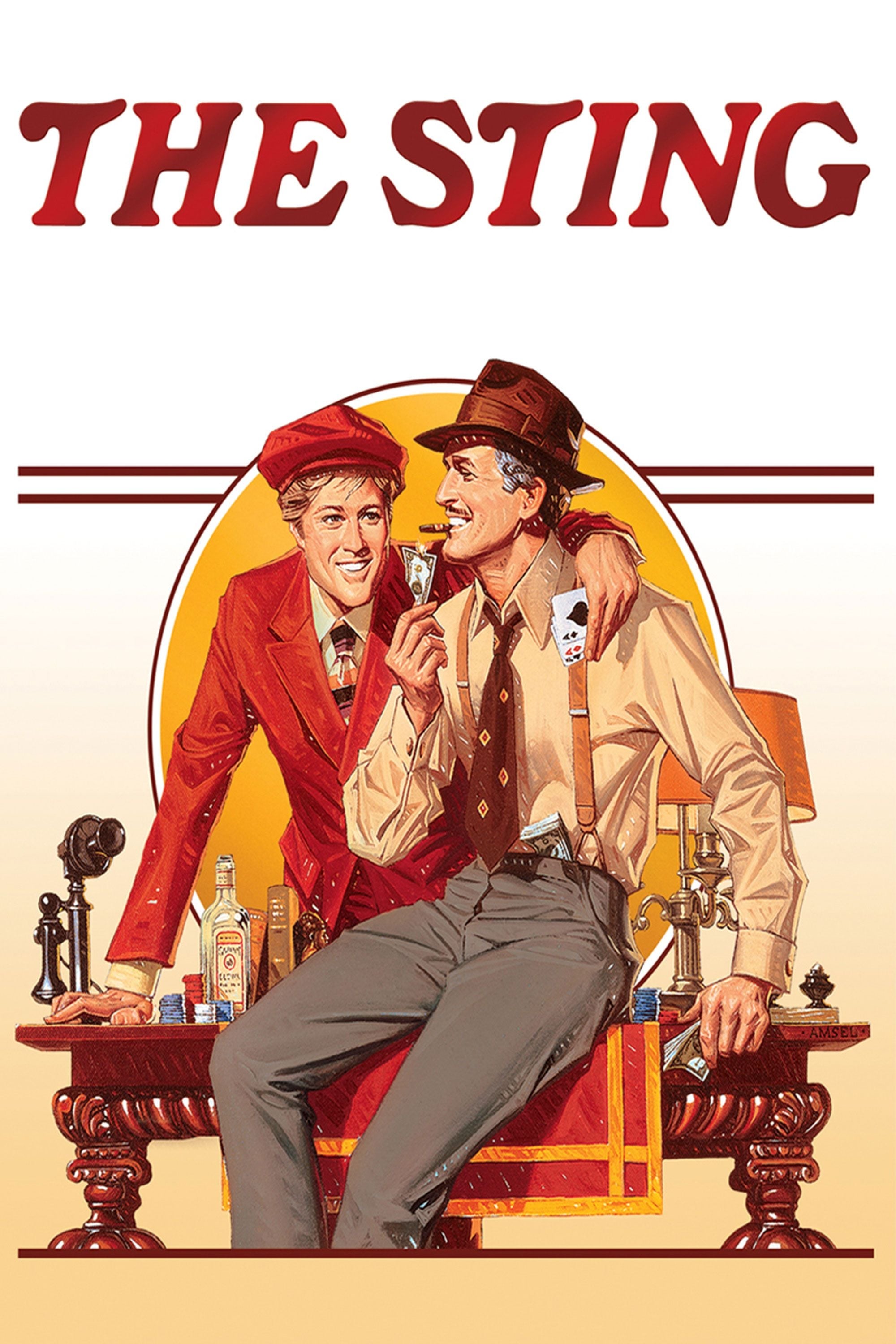
2. **The Sting (1973)**Get ready for a masterclass in cinematic charm and intricate plotting! Audiences lined up around the block, eager to witness Robert Redford and Paul Newman reunite on the big screen for “The Sting,” nearly a decade after their monumental success with “Butch Cassidy and the Sundance Kid.” With George Roy Hill once again in the director’s chair, this period caper, meticulously set in 1936 Chicago, was destined for greatness. It became both a colossal box office sensation and a critical hit.
The film exudes an atmosphere that feels like “friends hanging out and shooting the shit,” presenting a “Ragtime-soundtracked crime caper about two grifters teaming up to scam an Irish mob boss (Robert Shaw).” It’s brilliantly light on its feet and blissfully entertaining, deriving immense pleasure from the “sleight of hand tricks” as the duo’s ultimate, elaborate con slowly unfurls. Redford, as the hotheaded young Johnny Hooker, plays off Newman’s washed-up and cynical Henry Gondorff with “heat and eventual camaraderie,” further solidifying their status as a “legendary cinematic pair.”
“The Sting” wasn’t just a popular success; it was a colossal winner at the 46th Academy Awards, sweeping an astonishing seven of its ten Oscar nominations. These included major wins for Best Picture, Best Director, Best Original Screenplay, and Best Film Editing. While Redford himself received a Best Actor nomination but ultimately didn’t win, his performance was absolutely pivotal to the film’s success and appeal. Its enduring cultural significance was further recognized when the film was selected for preservation by the Library of Congress’ U.S. National Film Registry in 2004.
Read more about: If You Call Yourself a Sci-Fi Fan, You *Need* to See These 15 Essential Movies Right Now!
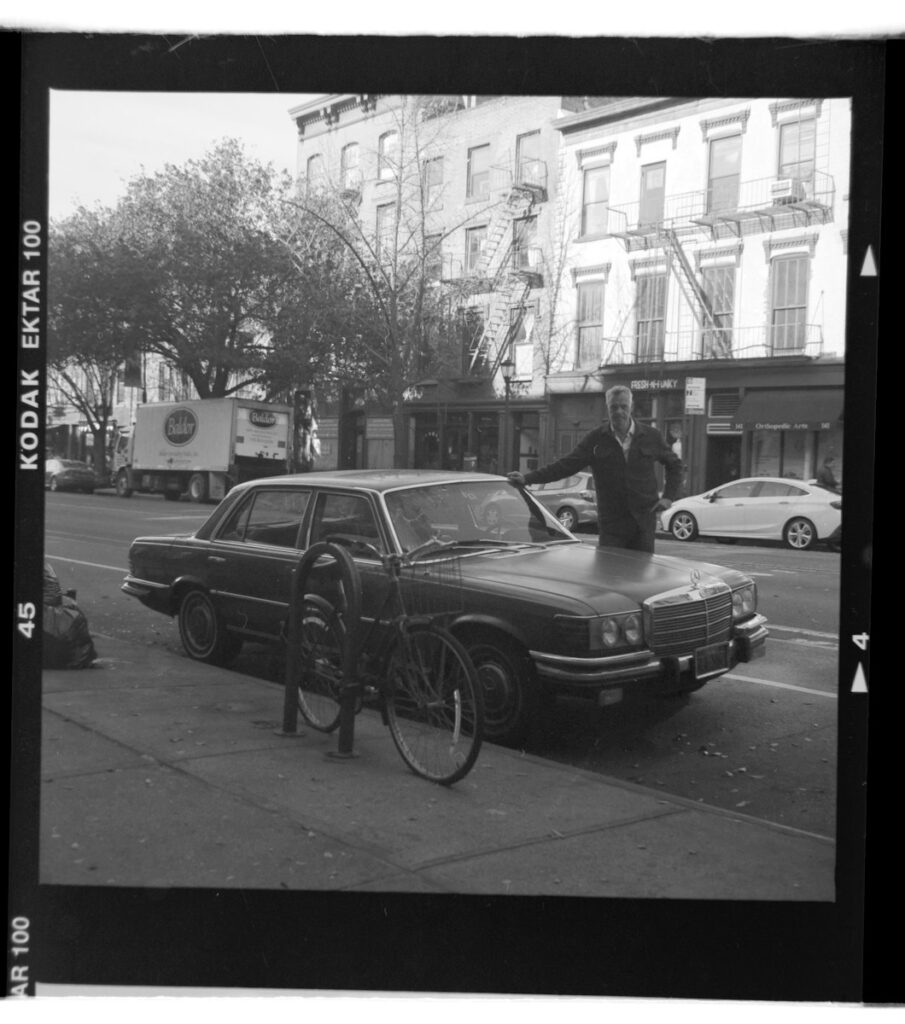
3. **All Is Lost (2013)**In a truly remarkable departure from his more ensemble-driven or dialogue-heavy roles, Robert Redford delivered a singularly powerful and minimalistic performance in J.C. Chandor’s “All Is Lost.” This film stands as an astounding achievement, featuring Redford as the only member of the cast in a narrative that is almost entirely dialogue-free. He portrays an older man who finds himself lost at sea, engaged in a desperate and solitary battle for survival against the relentless forces of nature.
Redford’s portrayal in this raw and visceral film earned him significant critical acclaim, including the prestigious New York Film Critics Award as Best Actor. His performance was lauded for its profound raw vulnerability, emotional depth, and incredible physical commitment. The role demanded immense physicality and nuanced non-verbal acting, allowing Redford to convey a lifetime of experience, stoicism, and the primal struggle for survival with astonishing clarity through gestures, expressions, and sheer endurance. The film’s tension is palpable and relentless, maintained solely by Redford’s commanding presence.
Despite the widespread critical success and early buzz, Redford was “surprisingly left off of the list when that year’s Best Actor Oscar nominees were announced.” This omission was a shock to many, as his performance was widely considered one of the finest and most challenging of his entire career, showcasing his extraordinary ability to carry an entire feature film on his shoulders without the crutch of dialogue or a supporting cast. “All Is Lost” remains a powerful testament to Redford’s enduring talent and artistic courage.
Read more about: If You Call Yourself a Sci-Fi Fan, You *Need* to See These 15 Essential Movies Right Now!

4. **The Way We Were (1973)**For certain generations, “The Way We Were” is more than just a film; it’s universally considered one of the best romantic dramas of all time, a sentiment cemented by its ranking at No. 6 on AFI’s 100 Years … 100 Passions survey. Directed by the prolific Sydney Pollack, this bittersweet romance created an iconic pairing between Redford and Barbra Streisand, forging a formidable trifecta that brought to vivid life a sprawling love story spanning several tumultuous decades. Their onscreen magic was undeniable.
Redford masterfully portrays Hubbell Gardner, the “golden-haired and effortlessly flirty WASP,” whose seemingly perfect charm makes him the irresistible object of affection for Barbra Streisand’s Katie Morosky, a Jewish girl with strong Marxist convictions. While Streisand often commands “most of the big dramatic moments” with her powerhouse performance, Redford’s nuanced portrayal here “cemented his status as a sex symbol and ultimate romantic idol of the ’70s.” His character is subtly complex, a man “defined by always taking the easiest and least complicated path in life.”
The film exquisitely follows their bumpy and often heartbreaking relationship through seven years, set against the tumultuous backdrop of post-World War II America, bravely touching on the painful realities of McCarthyism, ongoing antisemitism, and racism. “The Way We Were” not only grossed an astonishing $45 million-plus in the U.S. (not adjusted for inflation) but also won an Oscar for Best Original Song, with both the theme song and the accompanying soundtrack dominating Billboard’s top charts for months. Redford’s performance is “excellent as well, luring the audience into loving Hubbell just as much as Katie does, before he inevitably lets her and us down.”
Now, let’s continue our epic journey through the unparalleled filmography of Robert Redford, celebrating six more essential movies that further cement his legacy. These selections showcase his incredible versatility, his keen eye for compelling stories, and the enduring power of his performances across a remarkable array of genres and themes. Get ready to rediscover why Redford remains one of Hollywood’s most cherished and influential figures.
Read more about: If You Call Yourself a Sci-Fi Fan, You *Need* to See These 15 Essential Movies Right Now!
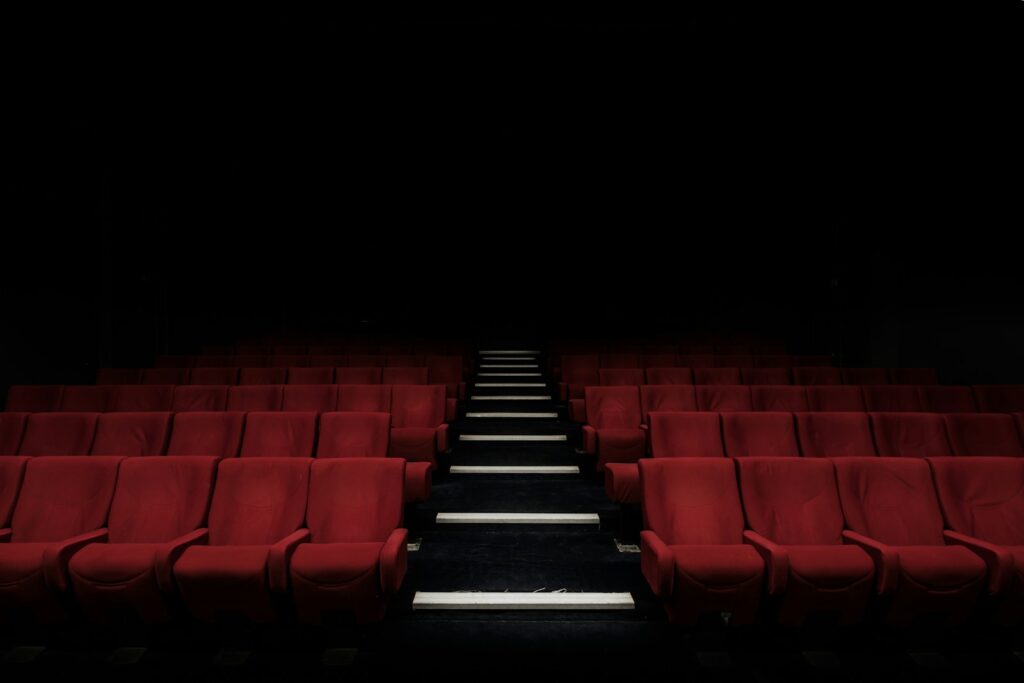
5. **Jeremiah Johnson (1972)**Stepping far away from the bustling cities and political intrigues, Redford ventured deep into the American wilderness with “Jeremiah Johnson,” delivering a raw and visceral performance that has often been cited as one of his personal favorites. This 19th-century frontier epic saw Redford embody a rugged mountain man determined to survive the harsh realities of the wild, long before similar survival tales captivated audiences. It was a true test of his range, demanding a profound physical commitment and a nuanced understanding of a solitary existence.
Working for the second time with acclaimed director Sydney Pollack—a partnership that would yield many cinematic treasures—Redford insisted that “Jeremiah Johnson” be filmed on location in his adopted home state of Utah. This dedication to authenticity shines through every frame, immersing viewers in the breathtaking yet unforgiving landscapes. The collaboration was so strong that when terrible weather threatened the production, Pollack even mortgaged his own home to supplement the budget, a testament to their shared vision and belief in the project.
Indeed, the film marked a significant moment, becoming the first Hollywood Western ever to play at the prestigious Cannes Film Festival. Redford’s stoic character, a war veteran seeking solace and a new life as a trapper in the Rocky Mountains, allowed him to explore themes of self-reliance and man’s relationship with nature. His portrayal of the character’s emotional journey, especially after the tragic loss of his assembled “found-family,” is nothing short of masterful. As the camera lingers on his face, showing the processing of loss eventually giving way to a slight smile, it stands as a testament to the “finest acting of Robert Redford’s career,” conveying profound emotion with little dialogue.
Read more about: Robert Redford: The Enduring Legacy of a Hollywood Legend, from Sundance Kid to Silver Screen Titan
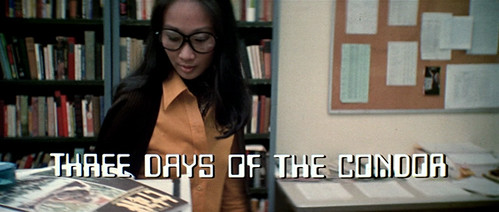
6. **Three Days of the Condor (1975)**In the paranoid haze of post-Watergate America, Robert Redford plunged into the heart of government conspiracy with Sydney Pollack’s “Three Days of the Condor,” delivering one of his most riveting performances. Here, Redford transformed into Joe Turner, a mild-mannered CIA researcher whose quiet world is violently shattered when all his colleagues are murdered while he’s out to lunch. Suddenly, this “bookish researcher” is thrust into a horrifying, high-stakes cat-and-mouse game against unseen forces, making the audience feel the unease Americans felt with their government at the time.
The film’s impact was more than just immediate; it’s had a lasting cultural resonance, even credited with inspiring modern blockbusters like Marvel’s “Captain America: The Winter Soldier.” Redford’s portrayal is a masterclass in controlled desperation, blending his star power with an urgent political message and a raw vulnerability. He channels real fear into every glance and gesture, making his everyman caught in a web of institutional betrayal utterly believable. His character’s disillusionment and genuine skepticism of power perfectly aligned with Redford’s own political sensibilities, making the performance deeply authentic and impactful.
As Joe Turner navigates this treacherous landscape, taking Faye Dunaway’s character hostage to use her apartment as a hideout, Redford showcases his extraordinary ability to convey complex emotions without excessive dialogue. This thriller, a true gem of ’70s paranoid cinema, allowed Redford to merge his career instincts with his real-world ideals, resulting in a film that remains disturbingly relevant today. It’s a testament to his prowess in delivering a performance that is both intellectually engaging and viscerally thrilling, captivating audiences from start to finish.
Read more about: 15 Essential Robert Redford Movies Everyone Needs to See at Least Once in Their Life
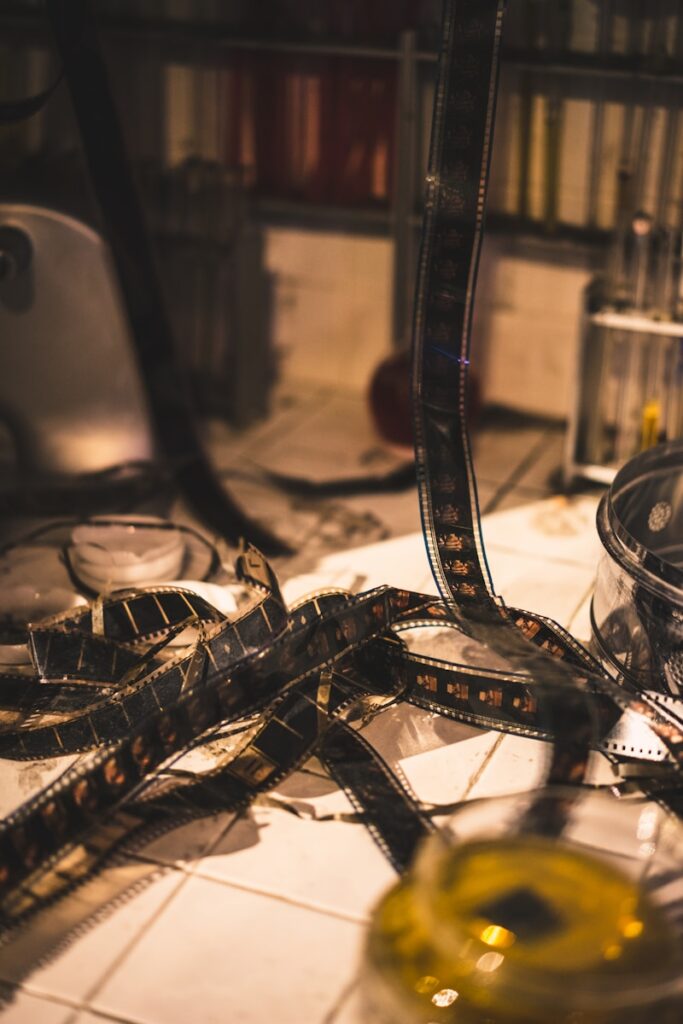
7. **The Natural (1984)**After a notable four-year hiatus from movie-making in the early ’80s, Robert Redford returned to the silver screen with a performance that shone with mythic brilliance in Barry Levinson’s “The Natural.” In this sports drama, inspired by Bernard Malamud’s novel, Redford plays Roy Hobbs, a once-promising baseball player whose career is tragically derailed by an act of violence. Years later, he returns to his hometown, reunites with his childhood sweetheart, and attempts a comeback, portraying a character infused with “natural” talent.
Redford’s portrayal of Roy Hobbs is nothing short of radiant, his own undeniable star wattage perfectly matching the character’s larger-than-life, mythic nature. He embodies the collective hopes and dreams of a nation, acting as a vessel for American ideals and the corrupt forces that sometimes threaten them. Unlike some of his more ambiguous characters, Hobbs is presented as a “total innocent” who goes out into the world seeing no darkness, until it tragically finds him. This role allowed Redford to project a powerful star presence, reminiscent of the old studio system, initially drawing focus to his surface persona before revealing deeper layers of pain and regret.
“The Natural” was generally well-received by audiences and critics, although some took issue with the film’s lighter ending compared to the novel. Nonetheless, Redford’s performance, combined with sensational Oscar-nominated music by Randy Newman and cinematography by Caleb Deschanel, creates an unforgettable cinematic experience. The film’s ending, a moment of “greatest dreams coming true,” is a perfect synchronization of these elements, showcasing Redford’s understanding of technical aspects and his ability to convey profound emotion through subtle expressions, solidifying his place as a cinematic legend.
Read more about: Blast from the Past: Unearthing 13 ’80s Film Gems You Absolutely Need to See (But Nobody Ever Mentions!)

8. **Out of Africa (1985)**Robert Redford reunited with his frequent collaborator, director Sydney Pollack, for the fifth time in the sweeping romantic epic “Out of Africa,” a film that captivated audiences worldwide and became an Academy Award darling. Co-starring with the incomparable Meryl Streep, their onscreen chemistry, set against the breathtaking vistas of Nairobi’s countryside, propelled this period movie to massive global success, grossing over $225.5 million worldwide and signaling a new era of big returns from the foreign box office for Hollywood studios.
The film, inspired by the 1937 memoir of Danish author Karen Blixen (Isak Dinesen), swept the 1985 Oscars, securing an astonishing seven awards, including Best Picture, Best Director, and Best Cinematography. While Streep’s critically acclaimed performance as Blixen earned her an Oscar nomination and is often lauded as one of her most acclaimed roles, Redford’s portrayal as the rugged big-game hunter Denys Finch Hatton received mixed reviews. Some critics even “faulted [him] for not even attempting the character’s British accent,” a stark contrast to Streep’s flawless Danish accent.
Despite the critical reception of his accent, the film’s undeniable success and its iconic status in cinematic history make it an essential part of Redford’s filmography. His magnetic presence, combined with Streep’s powerhouse acting and Pollack’s masterful direction, created a truly memorable romantic pairing and a visually stunning epic. “Out of Africa” stands as a testament to the power of star chemistry and ambitious storytelling, demonstrating Redford’s ability to be part of a grand cinematic achievement that resonated with millions across the globe.
Read more about: Robert Redford: An American Icon’s Enduring Legacy as Screen Idol, Visionary Director, and Tireless Activist

9. **Barefoot in the Park (1967)**Before his iconic turns as gritty journalists or cunning con men, Robert Redford solidified his status as a “bonafide leading man” in the delightful 1967 romantic comedy “Barefoot in the Park.” This film, an adaptation of Neil Simon’s Broadway play, reunited Redford with Jane Fonda, marking another chapter in their long and prolific friendship. Here, Redford showcased a surprising comedic flair, departing from the debonair, masculine parts that would later define his fame.
His character, Paul, is an uptight lawyer who marries the free-spirited Corie (Fonda), a woman perfectly content with their quirky, five-floor New York City walk-up. The film playfully explores the comical side of 1960s cultural shifts, juxtaposing Paul’s conservative nature with Corie’s vivacious spontaneity. Despite being “very much stuck in its time period” as a study of dated gender roles, the undeniable “fizzy and fun” chemistry between Redford and Fonda makes it a joy to watch, proving that Redford was “more than capable of knocking comedy out of the park.”
“Barefoot in the Park” wasn’t just a critical darling; it was a significant commercial hit, earning $30 million at the box office against a modest $5 million budget. This success demonstrated Redford’s versatility and his ability to charm audiences in a lighter, more humorous vein. His performance as the wimpy Paul, navigating a series of bickering fights in a dysfunctional marriage, was a wildly different but equally engaging facet of his burgeoning career, highlighting his early talent for comedic timing and relatable character portrayal.
Read more about: Robert Redford: An American Icon’s Enduring Legacy as Screen Idol, Visionary Director, and Tireless Activist

10. **Downhill Racer (1969)**In 1969, a pivotal year for Robert Redford that also saw the release of “Butch Cassidy and the Sundance Kid,” he leveraged his burgeoning celebrity to produce his first film, “Downhill Racer.” This move marked the beginning of his influential career behind the camera as well as in front of it, demonstrating his ambition to explore more complex themes and characters. Directed by Michael Ritchie, with whom he would later collaborate on “The Candidate,” this skiing sports drama presented a deeper, more challenging side of Redford.
Redford’s portrayal of the arrogant young skier David Chappellet was a significant departure, being “the first of his performances to seriously deepen and roughen up his star image.” The film itself, despite stumbling at the box office because it opened only a month after the blockbuster “Butch Cassidy,” received considerable critical acclaim. Legendary film critic Roger Ebert hailed it as “the best movie ever made about sports — without really being about sports at all,” recognizing its profound exploration of ambition and the competitive spirit.
“Downhill Racer” is a powerful, almost documentary-style film, featuring stunning location work that immersed audiences in the high-stakes world of Olympic skiing. It was the beginning of Redford’s “career-long fascination” with characters who struggle to make meaningful connections, whose singular focus comes to define them. This early work showcases Redford’s commitment to nuanced, thought-provoking roles that interrogated what it truly means to be successful in America, setting a precedent for the quality and depth of projects he would pursue throughout his illustrious career.
Read more about: 15 Essential Robert Redford Movies Everyone Needs to See at Least Once in Their Life
And there you have it – a magnificent dozen films that exemplify the enduring artistry and incredible range of Robert Redford. From his captivating screen presence in grand historical epics to his nuanced performances in intimate dramas and incisive political thrillers, Redford has consistently delivered performances that resonate deeply, defining eras and setting benchmarks for cinematic excellence. His legacy is not just one of a charming leading man, but of a thoughtful actor, a visionary filmmaker, and a storyteller whose choices have enriched Hollywood and touched the hearts of generations. He remains a towering figure in cinema, an artist who constantly pushed boundaries and left an indelible mark on the silver screen. What a career, what an icon!


